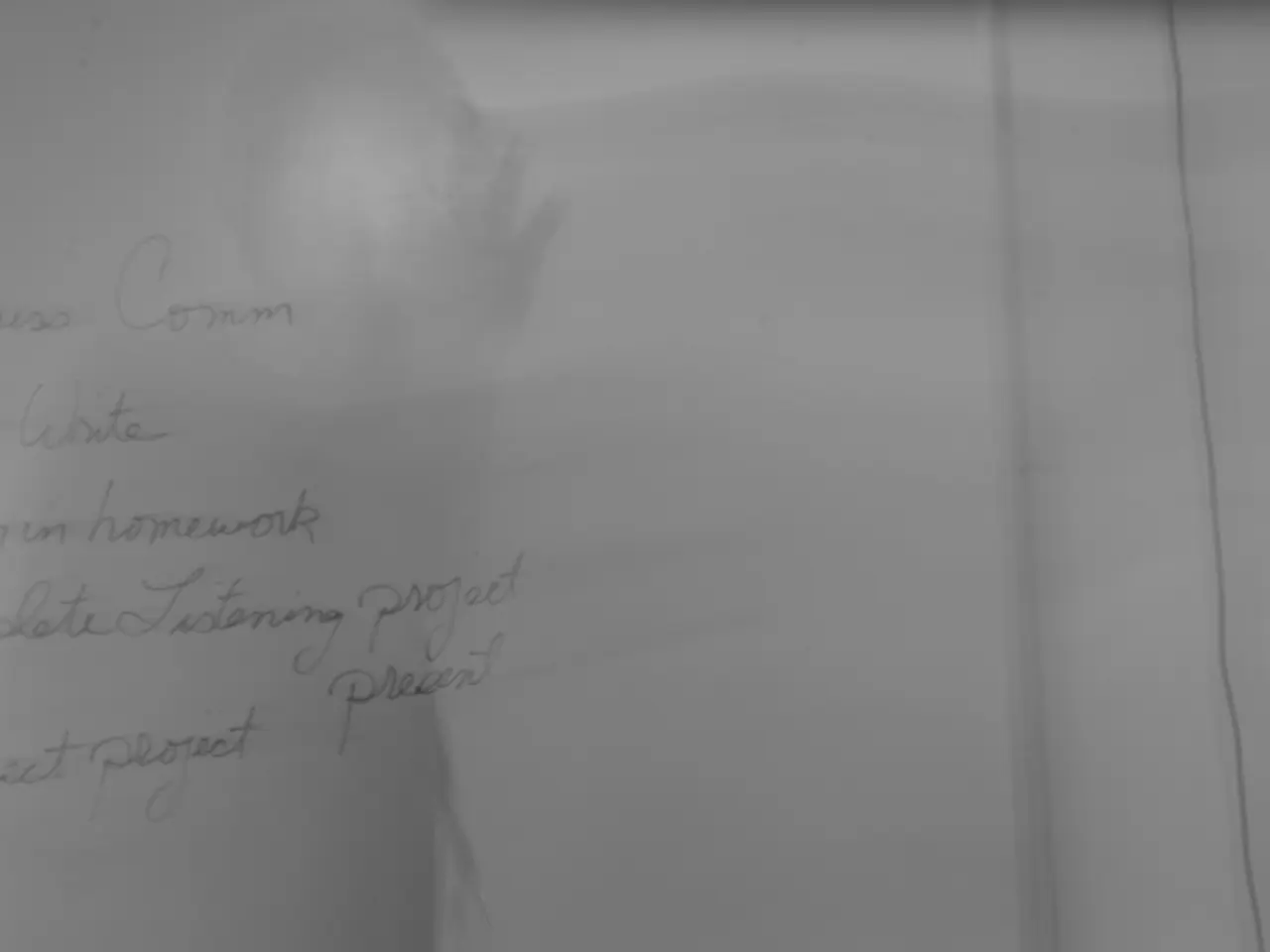The Psychological Forces Driving Our Decision to Discard: An Examination
In today's world, where the average American home contains a staggering 300,000 items, adopting a more intentional approach to purchases can help break free from the cycle of accumulation. This shift towards minimalism has surged in popularity, especially during the pandemic, as people seek to create space for what truly brings joy and lead to a more intentional and fulfilling life.
The Psychology and Sociology of Decluttering
The key psychological and sociological factors driving the desire to declutter and minimize possessions are diverse. Emotional regulation plays a significant role, as organized, clutter-free environments help reduce stress and improve emotional resources for handling challenges and maintaining relationships. Clutter triggers stress hormone release, causing overwhelm and irritability, whereas cleanliness correlates with improved mood and reduced anxiety.
Decluttering also involves confronting emotional ties to possessions that carry memories, represent security, or reflect past/future selves. This process supports emotional awareness and grief processing, especially when items connect to lost loved ones or former selves. Clearing physical and mental clutter enhances motivation, focus, and mental capacity by reducing overwhelm and helping align possessions and goals with core values and identity.
Sociologically, people with high residential mobility tend to be more willing to declutter, possibly due to the practical need to minimize possessions for ease of moving. Decluttering often reflects broader cultural trends valuing minimalism, sustainability, and conscious consumption, which encourage individuals to reduce excess possessions and focus on meaningful belongings.
The Act of Decluttering
Decluttering is an ongoing process, not about achieving a perfectly minimalist space but rather about cultivating a mindset of simplicity and mindfulness. It can be started by breaking it down into manageable steps, such as focusing on one area or category of items at a time. Establishing clear criteria, pausing before discarding, reconnecting emotionally, and setting decluttering schedules can help reduce impulsive throwing away.
Recycling, donating, and repurposing items that are still in good condition is a good alternative to throwing them away. Embracing a more minimalist lifestyle can create open space, which provides a sense of freedom and expansiveness. The act of letting go of possessions can be a liberating experience, creating space for what truly matters, both physically and mentally.
Recognizing the influence of advertising and consumerism can help individuals become more mindful consumers. Sorting through each item during the decluttering process and asking if it serves a purpose or brings joy can help in making decisions about what to keep or let go. Our possessions can hold emotional weight, tying us to the past, but clearing physical clutter can lead to reduced stress levels.
In conclusion, decluttering and minimalism offer a path towards a simpler, more intentional, and fulfilling life. By understanding the psychological and sociological factors that drive the desire to declutter, individuals can make conscious decisions about their possessions and create a space that truly reflects their values and brings them joy.
- Emotional regulation plays a significant role in the desire to declutter, as organized environments help reduce stress and help maintain relationships.
- The process of decluttering involves confronting emotional ties to possessions, which can support emotional awareness and grief processing.
- Decluttering reflects broader cultural trends valuing minimalism, sustainability, and conscious consumption.
- An ongoing process, decluttering is about cultivating a mindset of simplicity and mindfulness, not about achieving a perfectly minimalist space.
- The act of decluttering can create open space that provides a sense of freedom and expansiveness.
- Embracing a more minimalist lifestyle can help individuals become more mindful consumers by asking if their possessions serve a purpose or bring joy.
- Clearing physical clutter can lead to reduced stress levels and help individuals align their possessions with their core values and identity.
- Sorting through each item during the decluttering process encourages individuals to reduce excess possessions and focus on meaningful belongings.
- Recycling, donating, and repurposing items that are still in good condition is a good alternative to throwing them away in the act of decluttering.
- Adopting a more intentional approach to purchases and decluttering can help people lead to a more intentional and fulfilling life, especially in today's world where people aim to break free from the cycle of accumulation.





